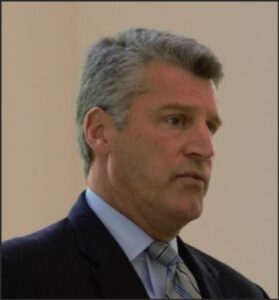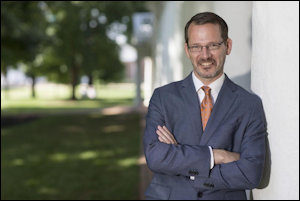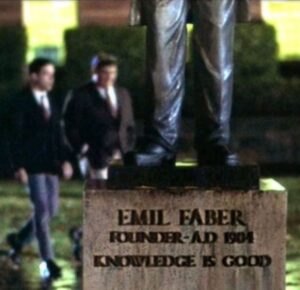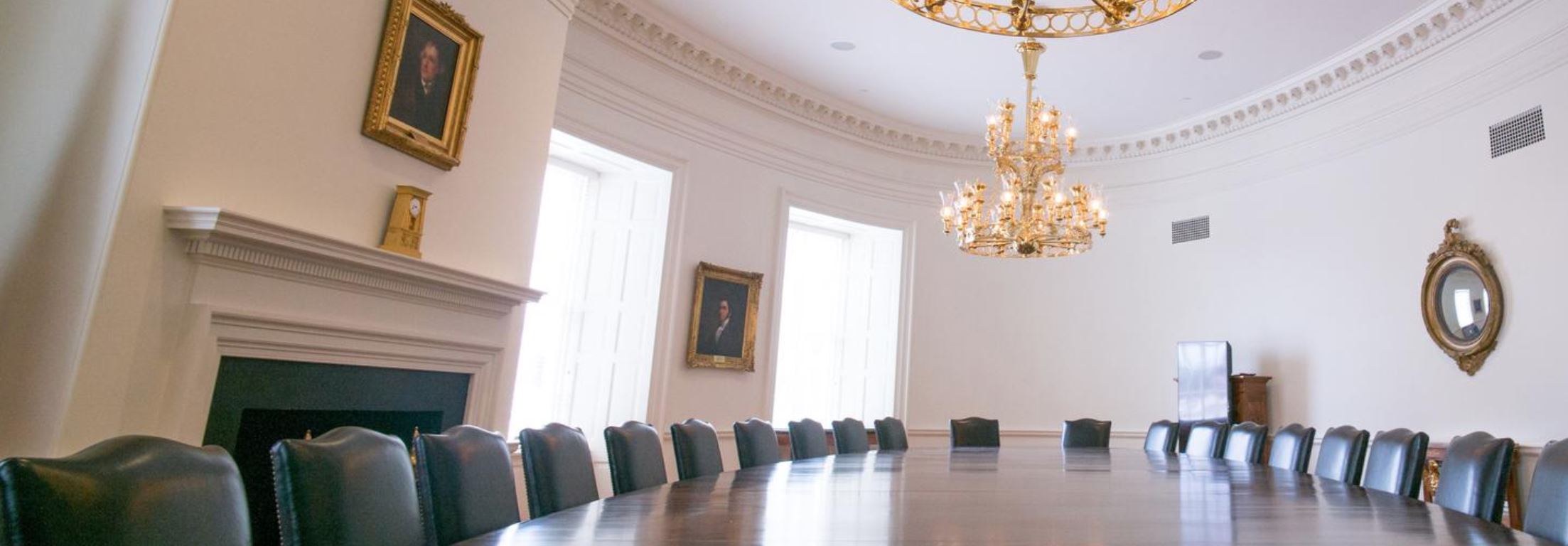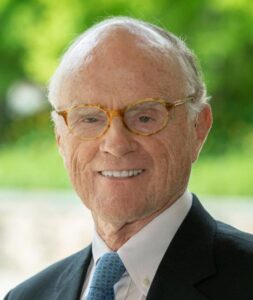by James A. Bacon
The Richmond Times-Dispatch ramped up the mainstream media’s criticism of Attorney General Jason Miyares in a story published over the weekend. The headline: “Jason Miyares removed the head lawyer at 3 state colleges. Professors and Democrats say he’s wielding excessive influence.”
The initial wave of Miyares-critical stories, most prominently in The Washington Post and The New York Times, focused on the firing of Tim Heaphy as counsel at the University of Virginia. The articles suggested that the removal was an act of political retribution for Heaphy’s service, while on unpaid leave from UVa, as lead investigator into the Jan. 6 riots at the U.S. Capitol last year.
That charge has dissipated in the face of vehement denials from Miyares, the total absence of any corroborating evidence, and the fact that Heaphy was not singled out for removal. His counterparts at George Mason University and Virginia Commonwealth University were sacked as well, suggesting that perhaps a different motive was at play.
Whatever that motive is, the RTD found someone to say it was “political.” Reporter Eric Kolenich quotes quotes Carl Tobias, a University of Richmond law professor: “Universities need to be free, open places and not be politicized by the appointment of counsel who are loyal to the attorney general but not loyal to the university.” Continue reading

